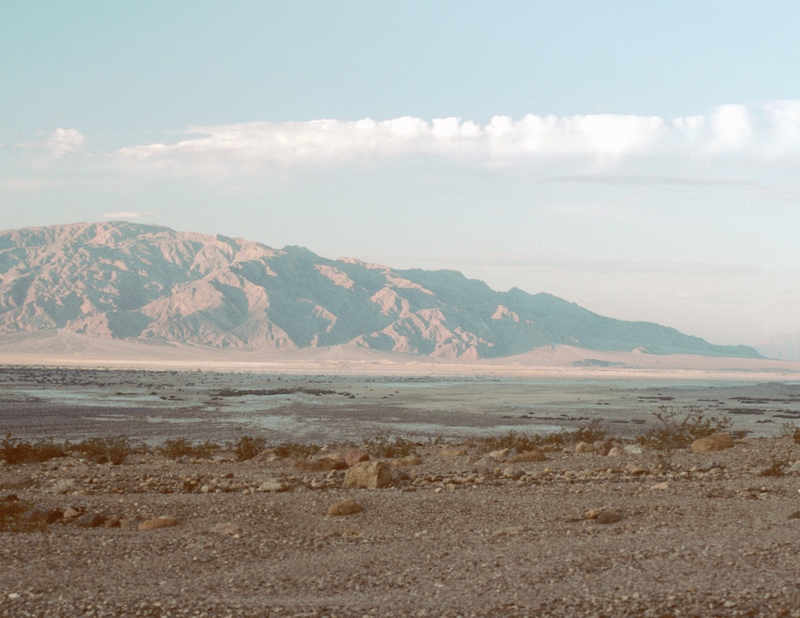Genesis 26:1–29, There was a famine in the land. At the well of Lachai-roi (or “the well of the Living One seeing me,” Gen 24:62), Isaac was fruitful. There he met his wife while in communion with YHVH (Gen 24:62–64). Isaac also dwelt there for 20 years, and there he entreated YHVH because of Rebekah’s barrenness (Gen 25:21), and YHVH answered Isaac’s prayer and Rebekah gave birth to twins (Gen 25:22).
But because of famine in the land, Isaac felt compelled to leave Canaan to seek relief in Egypt following the earlier footsteps of his father, Abraham. Is it wise to rely on “Egypt” (a metaphor for the world) for our sustenance instead of trusting YHVH and believing that where he has planted us and blessed us is where we should stay? While en route to Egypt, YHVH gracefully redirected Isaac away from Egypt instructing him rather to sojourn in Gerar (temporarily) where he would continue to bless him and his posterity (Gen 26:2–4). Isaac obeyed YHVH—more or less. Isaac ended up in Gerar located on the border between Canaan and Egypt and dwelt there a long time (not temporarily as YHVH had instructed him, Gen 26:6, 8).
Instead of fully obeying YHVH, it was as if Isaac was hedging his bet between faith and fear, between Canaan, the land of promise, and Egypt, the land of comfort for the flesh man. How often do we halt between two opinions and compromise between YHVH’s will and our own in matters where he has given us clear direction? This place of spiritual indecision and weakness put Isaac in a compromising situation (Gen 26:7). He felt compelled to lie about his wife, thus repeating the sin of his father (Gen 20:1–2).
Compromised obedience puts us in compromising situations where in order to “save our skin” we often have to compromise our values. Though Isaac was out of YHVH’s will, YHVH was still faithful to keep his promises he had made to Isaac earlier (Gen 26:3–4). Isaac was blessed one hundred fold in his wealth (Gen 26:12–14).
Despite YHVH’s blessings, Isaac’s labors were not without difficulty and opposition from an enemy who was intent upon stealing his water wells, which were rightfully his (Gen 26:12–15).
In the arid regions of the Holy Land, wells are essential for survival and prosperity. Wells are a spiritual metaphor for salvation, life, abundance and truth—things the enemy is intent on taking from us (in this light, consider Isa 12:3; 55:1–3; Ps 36:9; John 4:7–14; 7:37–39; 10:10).
Genesis 26:18–22, And Isaac dug again. Isaac redug the wells that belonged to his father in the land YHVH promised to him, yet the world opposed him and stole from him what was rightfully his.
The wells’ names were Contention and Strife. How easy it is to allow fleshly or demonically motivated people to oppose and deter us from our divine destiny. What was Isaac’s response? He took the high road of peace refusing to be embroiled in carnal battles. His faith in YHVH was undaunted and at the third well he found, which he named spaciousness (Heb. Rehoboth) and contained a vast supply of water.
Are you striving and contending with the spiritual Philistines in your life? Are they keeping you from moving onward spiritually into a place of fruitfulness where the river of life from YHVH’s throne flows?
Following the example of Isaac, choose your battles carefully. It is not necessary to engage the enemy at every point of conflict. Sometimes we need to walk away. There is a time to walk away and a time to fight. Be led by the Spirit of Elohim. When you choose to fight, let YHVH fight your battles and you will progress onward and upward in your faith-walk.
Genesis 26:23–25, He went up…to Beersheba. Upon retracing the steps of his father, Abraham, back into the land of promise in redigging the ancient wells ending up in Beer-sheba (well of the covenant or seven-fold oath) did YHVH bless Isaac?
The moment Isaac returned back to the heart of Canaan, the heart and center of YHVH’s will for his life, what happened? (See verse 4.)
Is YHVH calling you back to the ancient wells of salvation? Is he calling you to retrace the steps of your father Abraham, the father of faith, to return to the ancient paths where a special blessing awaits you? (Read Mal 4:4–6 and Jer 6:16, 19; 18:15.)





